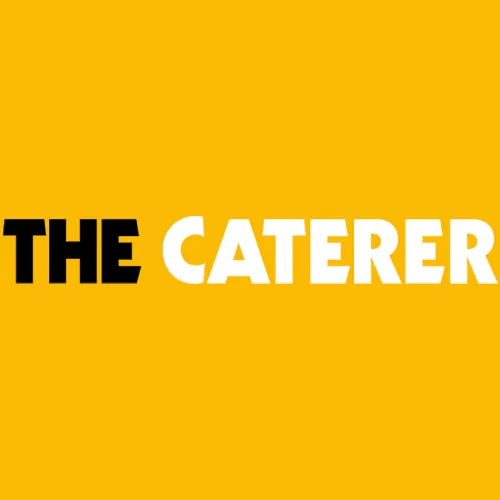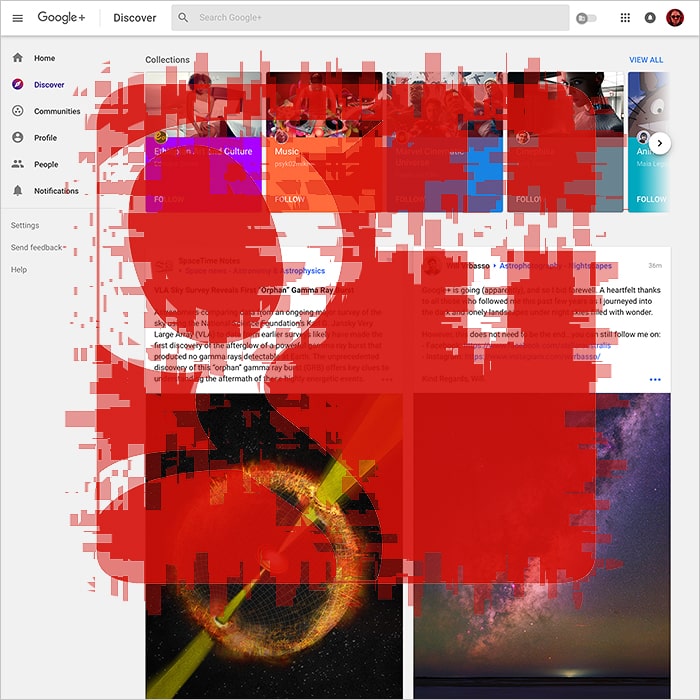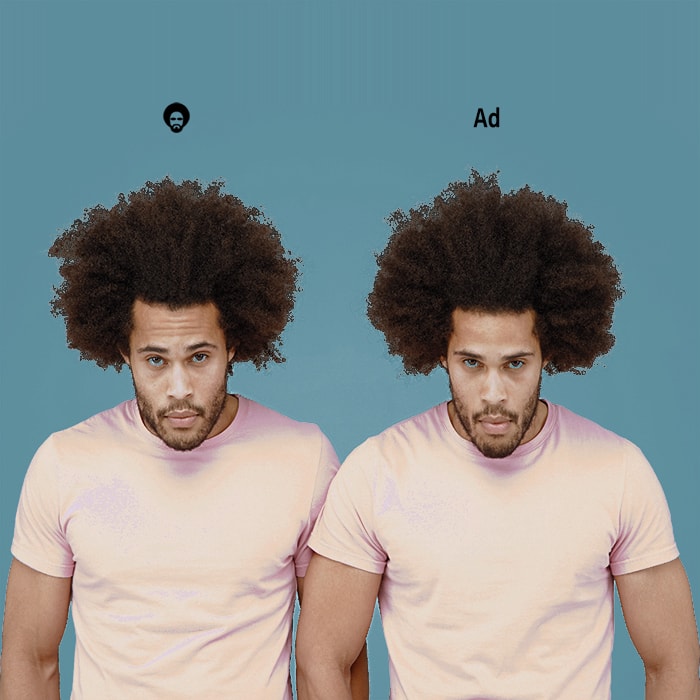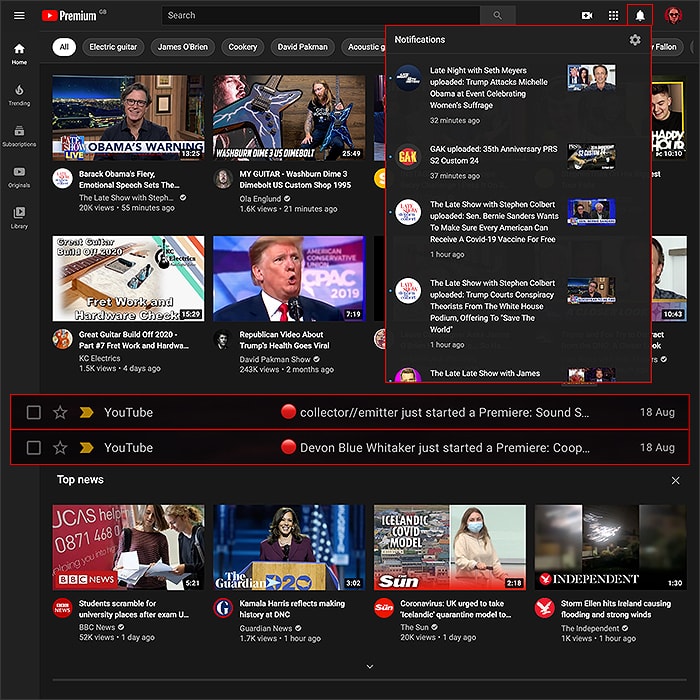EU vs Google
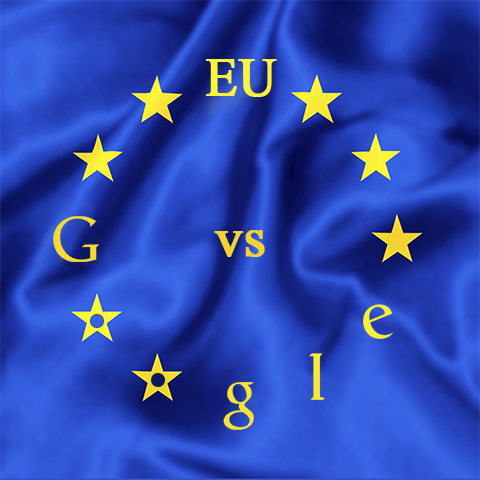
Those dastardly Eurocrats are now threatening to break up Google, not that they really have any jurisdiction over the make-up of an American Company - but German MEP Andreas Schwab is sponsoring a draft motion for the European Parliament to consider ways to unbundle Google’s principal parts.
For me, this follows hotly on from the ’unbundling’ of Lloyds Bank - another great EU initiative, which bundled me into a bank where I had no say in the process - I was unceremoniously dumped out of Lloyds into TSB, despite long-standing Lloyds VIP Platinum account status (25 years) and vehement protestations from myself.
In fact this is another gauche attempt by the German media barons to punish Google after their pathetic ’Leistungsschutzrecht’ initiative failed - you can read about that in my previous ’Germany vs Google’ post. This time around though, Germany is looking to gain support from France and Spain - whose media barons also bear grudges against Google.
This is all about Google’s dominant position as Search Engine provider really, where Bing is the second placed competitor and looks to be making the most significant recent headway since it started powering Yahoo Search back in 2009. Firefox, just last week, announced that they would be switching to Yahoo Search as their default browser search option (therefore Bing!).
Like most others way back in the early days of the Internet I used to use Yahoo (powered by Inktomi). When Google first arrived with its simple search box layout I thought it overly simple and elected to stay with Yahoo for several months, until I realised that Google provided a far better, more intuitive level of service. Over the years I have tried all the different offerings of Search Engines, but continually return to Google as my first choice of preference. The vast majority of web users really only consider Google and Bing, just like the majority of smartphone users only consider Apple and Samsung even though there are an enormous variety of other competitors available.
Germany in particular, with its very traditional industrial heritage, has been very slow to invest in Internet innovation. In all of Europe, the UK easily leads the pace in innovating clever web technologies and developing smart Internet services - retail and otherwise. No other country is as well versed with Internet retail as the UK is - particularly in grocery shopping. Part of this is that the European Media Barons of old got left behind - they put very little effort into trying to develop any kind of competing services with Google when Google first arose, and now they are crying foul and furiously scrambling to get a slice of the new action - any which way they can - mostly it seems by attempting to levy fines against the industry leader.
There is nothing here though to stop competition and to prevent someone from delivering a better / stronger / more intuitive service. Let’s not forget the relatively recent seemingly unassailable market-leading position of Nokia, which has been whittled down to nothing.
What the EU is attempting to do with this is blatant protectionism and politicking to protect the media barons of old, attempting to deliver benefit to a few, to the cost of the majority of consumers. Where are the consumer rights in all of this - we did not request legislation for instance - setting out the exact degree of curvature by which a banana can legitimately be allowed to bend and be saleable in the EU! And we did not ask for this either.
Trying to disguised this as anti-trust or anti-monopoly is disingenuous. The media barons of old have had ample time to develop complementary and competing services, the truth is that they’ve chosen to invest in other areas which have not yielded expected rewards. Sure we can have improved legislation to prevent anti-competitive practices, but to single out just one company is not right. German saloon cars - Audi, BMW and Mercedes between them command by far the greatest share of the executive saloon market - do we bring in legislation therefore to curtail their dominance so as to allow lesser marques to get their ’fair’ share of the rewards - should we fine them too for being successful?
Google is certainly not perfect, but their intentions by and large are for the benefit of the consumers. YouTube is dominant in video, but has large competitors like Vimeo and Daily Motion - I choose to use YouTube because it’s more user-friendly. Disney has gone from strength-to-strength in recent years - buying up Pixar Animation Studios, then Marvel, and latterly Lucasfilm - surely this now has an unfair dominance in blockbuster pedigree. Do lesser / traditional film studios start demanding Disney be unbundled too?
There was a time when Amazon also was considered unassailable, but it now has strong competitors in the form of Japan’s Rakuten and China’s biggest ever IPO - Alibaba.
I am generally a fan of the EU, and mostly like that the UK has a place in it, but I am also seeing more and more that Germany and France in particular hold too much sway in the inner mechanisms of the EU. There’s increasing levels of corruption and financial mismanagement, and far too many biased and trivial legislations which are presented in Trojan-horse-fashion as being good for the whole, when they are really designed to benefit only a few. For a web user, there are enormous benefits in using the integrated parts of the Google offering together - unbundling Google would be doing the general European consumer an enormous disservice.
Since Facebook unbundled its Messenger app, I find it much the worse from a user-experience perspective. Possibly though they did this in anticipation of some future anti-trust motion? I myself am a huge advocate of basic consumer rights, and massively against any practices which may curb those rights of choice. The needs of the few here are being considered above the needs of the many - which is totally against the spirit of the EU charter ....

Did you find this content useful?
Thank you for your input
Thank you for your feedback
Upcoming and Former Events
Affino Innovation Briefing 2024
Webinar - Introduction to Affino's Expert AI Solutions - Session #2
Webinar - Introduction to Affino's Expert AI Solutions - Session #1
PPA Independent Publisher Conference and Awards 2023
Driving business at some of the world's most forward thinking companies
Meetings:
Google Meet and Zoom
Venue:
Soho House, Soho Works +
Registered Office:
55 Bathurst Mews
London, UK
W2 2SB
© Affino 2025

